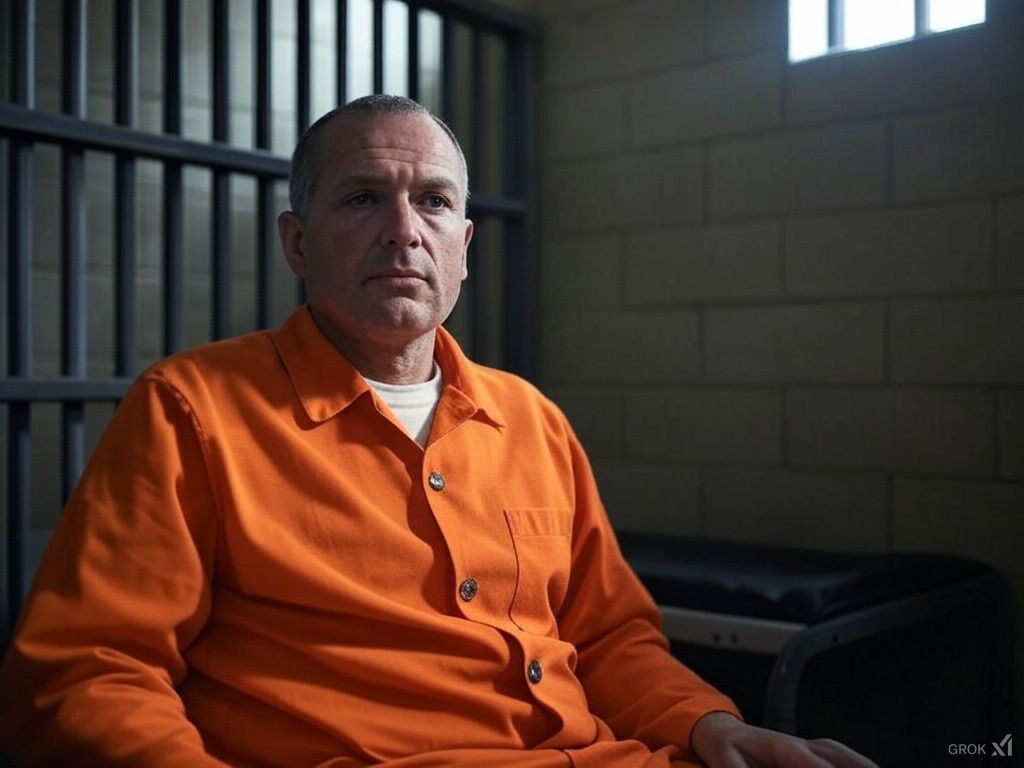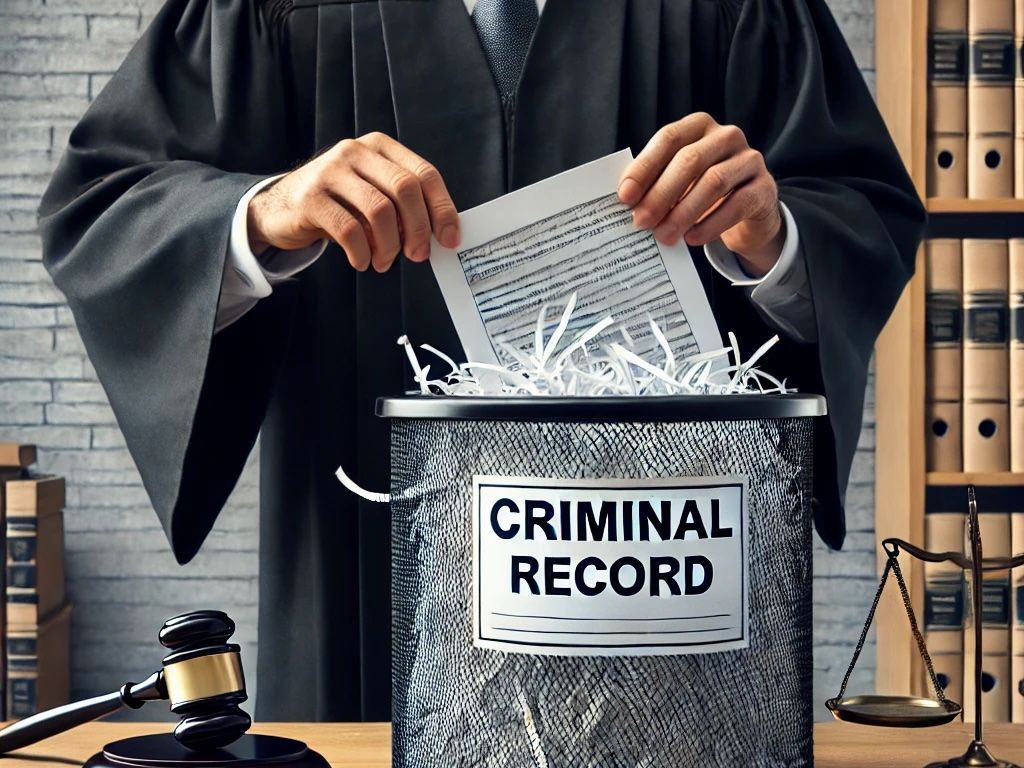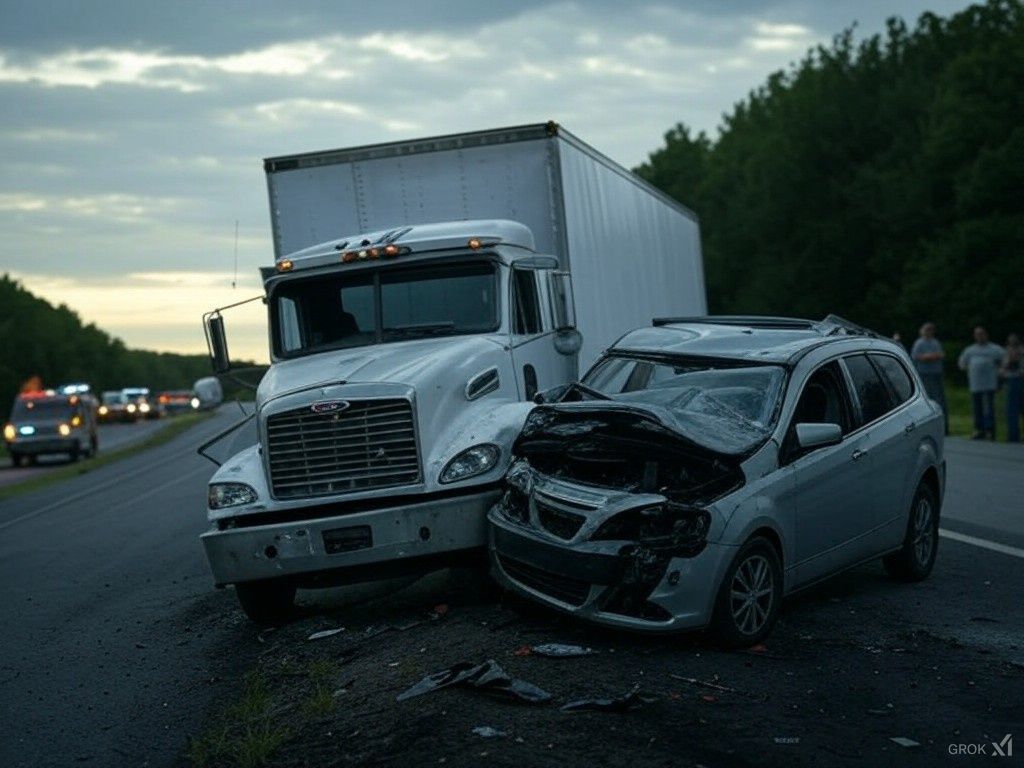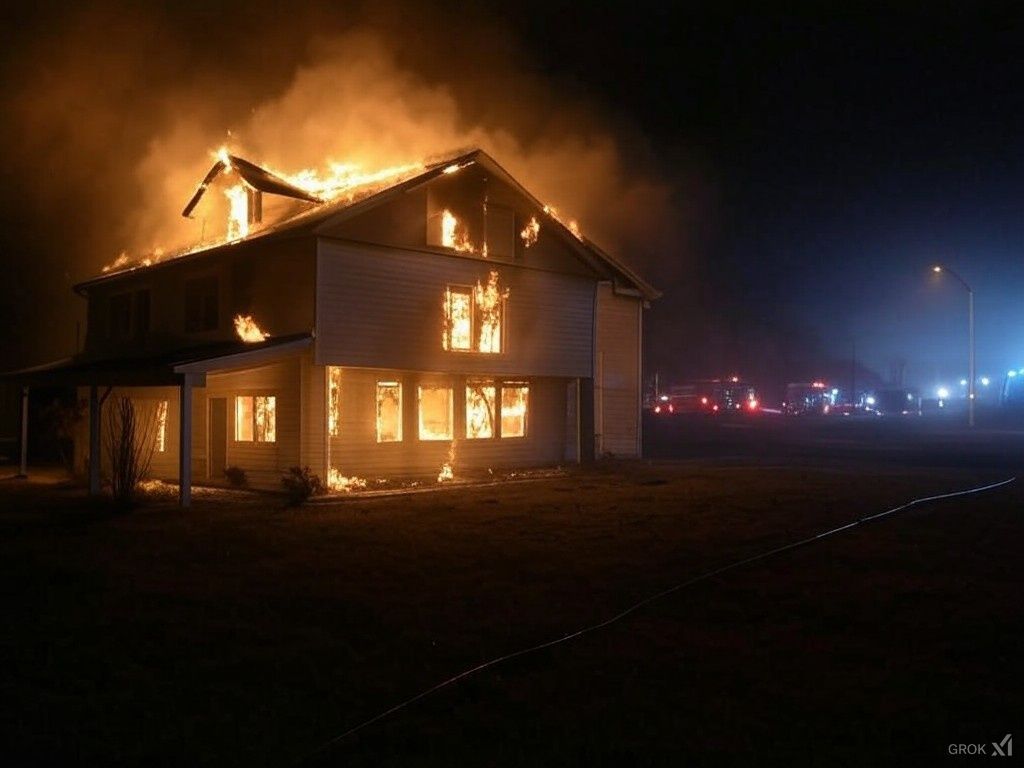Texas Lawmakers Consider Tougher Hemp Regulations Amid Police Concerns
The Texas hemp industry is facing potential new regulations as lawmakers debate Senate Bill 3, a measure aimed at cracking down on high-THC hemp products being sold across the state. Allen Police Chief Steve Dye recently testified before the Senate State Affairs Committee, calling these products a "plague" and urging lawmakers to give law enforcement greater authority to combat their sale and distribution.
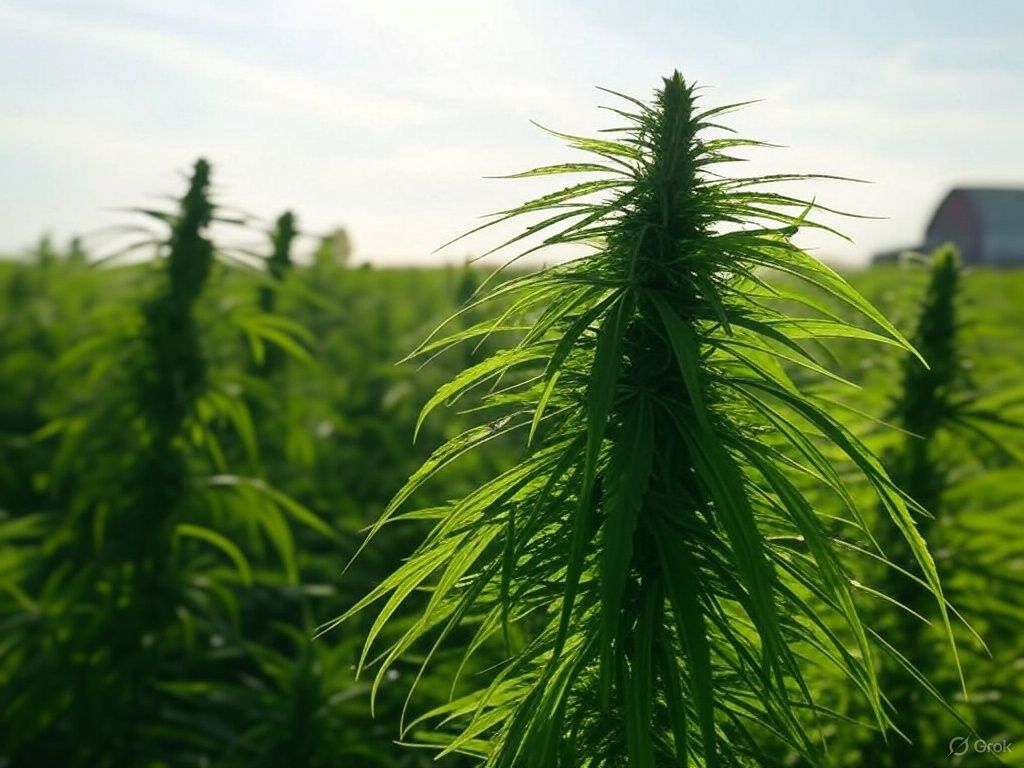
The Push for Stricter Regulations
Chief Dye, speaking on behalf of the Texas Police Chiefs Association, argues that many retailers are exploiting a legal loophole to sell hemp-based products with THC levels similar to marijuana. Under current federal and state law, legal hemp products must contain less than 0.3% THC. However, many products marketed as "THCa" or "delta-8" are widely available at vape shops and gas stations and may contain much higher THC concentrations.
SB 3 proposes a complete ban on consumable hemp products containing any level of THC and would also restrict the sale of hemp products to individuals under 21. While proponents of the bill believe it will help curb illicit sales, opponents argue that it could devastate the industry, eliminating jobs and reducing tax revenues for the state.
Police Raids and Legal Challenges
In August 2024, the Allen Police Department conducted a series of raids on nine vape shops, seizing merchandise that authorities claimed contained THC levels between 7% and 78%—far above the legal threshold. Police also accused store owners of selling these products to minors. As a result, the Allen City Council enacted new regulations restricting minors from entering smoke shops without a parent or guardian and imposing zoning restrictions on such businesses.
However, the enforcement actions have sparked legal backlash. One of the arrested shop owners has sued Chief Dye and the city of Allen in federal court, arguing that the businesses were operating within the law and that testing methods used by law enforcement could misrepresent legal hemp products as illegal.
Industry Concerns and the Future of Hemp in Texas
Attorney David Sergi, representing one of the shop owners, testified before the Senate committee, emphasizing that many of these businesses comply with House Bill 1325, the 2019 legislation that legalized consumable hemp products. He warned that SB 3 could wipe out the legal hemp industry in Texas, costing thousands of jobs and millions in sales tax revenue.
Chief Dye, while supporting SB 3, has called for even stricter measures. He proposed requiring retailers to obtain product certification from a state-certified lab, rather than third-party testers, and suggested a legal framework allowing law enforcement to make arrests and seizures without testing products beforehand. He also argued that retailers should bear the responsibility of proving their products are legal rather than shifting that burden to law enforcement.
Implications for Texas Businesses and Consumers
If SB 3 becomes law, it will mark a significant shift in Texas' approach to hemp regulation. While law enforcement officials argue that stricter laws are necessary to protect public safety, business owners and industry advocates fear that the bill could stifle a growing market and push consumers toward unregulated black-market alternatives.
The debate over hemp laws in Texas highlights the broader conflict between public safety and economic freedom. As state lawmakers continue to weigh these issues, the future of the Texas hemp industry remains uncertain.

